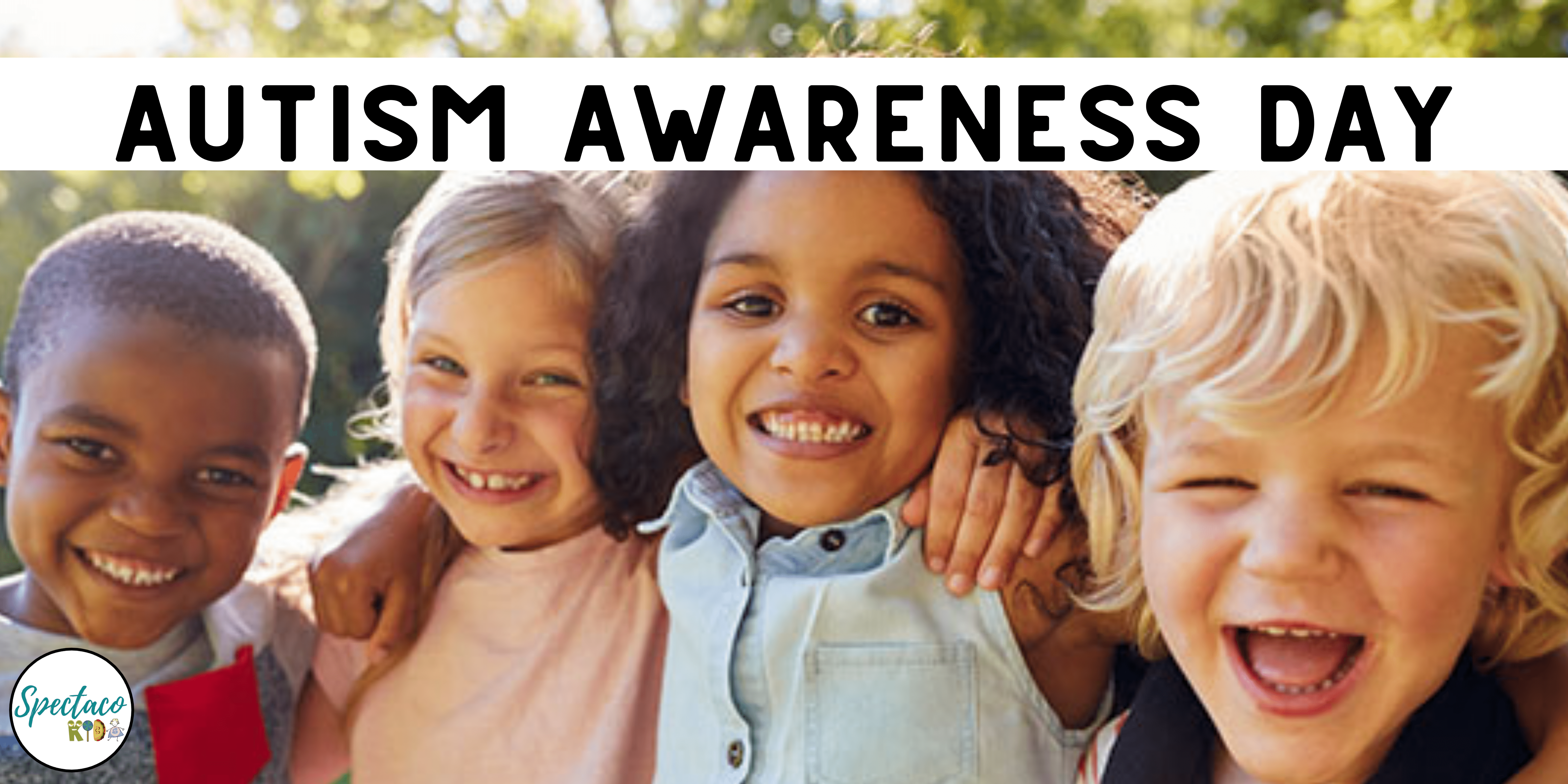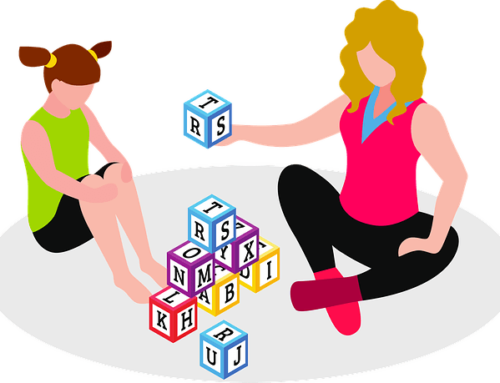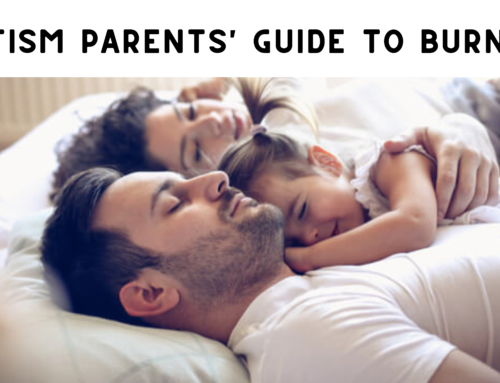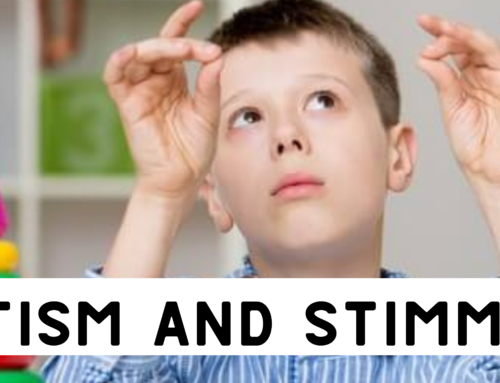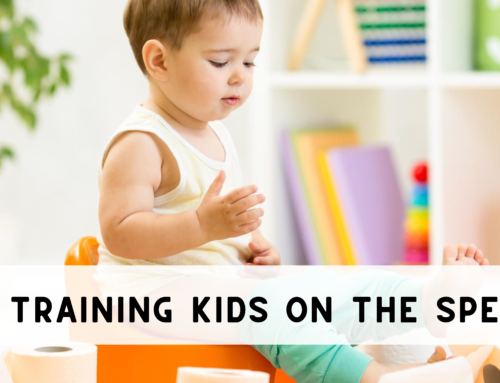Autism Awareness Day
The United Nations declared April 2 as “World Autism Awareness Day” to highlight the need to help improve the quality of life of people on the spectrum. This year marks the 15th annual World Autism Awareness Day.
This day is celebrated to increase understanding and acceptance of autistic people, and contribute to making a difference, by being more accepting, and educating ourselves and those around us about Autism Spectrum Disorder (ASD).
Learn more about Autism:
A developmental disorder that affects behaviour and communication, Autism Spectrum Disorder (ASD) may be diagnosed at any age, with more than 3 million new cases diagnosed each year, occurring in 1 out every 54 births.
Autistic people may show developmental differences while growing up in the way they behave, communicate and interact.
Autism Signs and Symptoms
Some of the early warning signs to look out for as your child is growing and developing are:
- Delayed speech and language skills
- Repeating words and phrases continually
- Non-responsive to name
- Resistant to any slight change
- Sensitivity to sound, smell, light taste, touch
Signs of Autism in Girls
While some girls may have clear symptoms of ASD, it may be harder to see the signs in others. Autism is particularly common among girls at the high-functioning end of the spectrum. Though symptoms of autism in girls are not very different from those in boys, girls are more likely to camouflage or hide their symptoms.
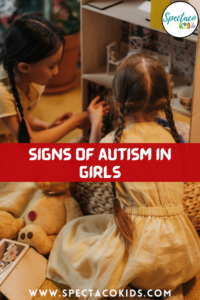
Some of the signs include:
- High depression
- Hard time fitting in
- Low frustration level
- Sleep issues
- Stimming
Lesser Known Symptoms of Autism:
Though the common symptoms of ASD are repetitive behaviours, difficulty in communicating and displaying of social skills there are some signs that we may not be aware of.
https://spectacokids.com/lesser-known-signs-of-autism/
Here are some signs that one should also look out for.
- Inappropriate laughing or giggling
- Insensitivity to pain
- Lack of personal space
- Gastrointestinal problems
- Fascination with specific items
Autism and Sleep Problems
Studies show that over half of autistic people, including adults and children have sleep issues. This issue may last throughout their lives or might diminish in severity at different stages.
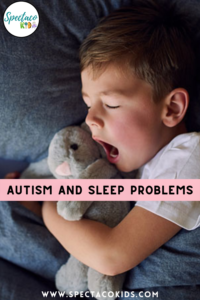
Causes of sleep issues in autistic individuals:
- Genetics
- Lack of melatonin
- Sensory issues
- Physical or mental illness
- Social cues
- Hypersomnia
Music Therapy for Autistic Children
Autistic individuals are often especially interested and responsive to music. Music therapy makes it a great therapeutic tool for working with them and addresses multiple developmental issues simultaneously.
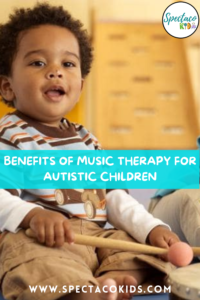
Through it, musical therapists can build skills, lower anxiety, and may even develop new communication skills in autistic individuals.
https://spectacokids.com/benefits-of-music-therapy-for-autistic-children/
Following are some of the benefits of music therapy for children on the spectrum:
- Stimulate both the hemispheres of the brain
- Enable those without verbal language to express themselves and communicate nonverbally
- Help find inner peace and calm
- Help with sensory aversions
- Enhance social skills
Strategies to Reduce Echolalia
An individual with echolalia may or may not be able to communicate normally or be able to understand others. Repetition of phrases, frustration or annoyance during conversations, especially when asked questions are some signs of echolalia.
Strategies to reduce echolalia:

Following are some strategies that can be used to reduce echolalia:
- Use simple words and phrases
- Prompt the correct response
- Use Visuals
- Do not ask questions
- Offer choices
- Model with a partner
- Avoid using names
- Stay patient
For more information, follow us on Instagram or visit our website!
